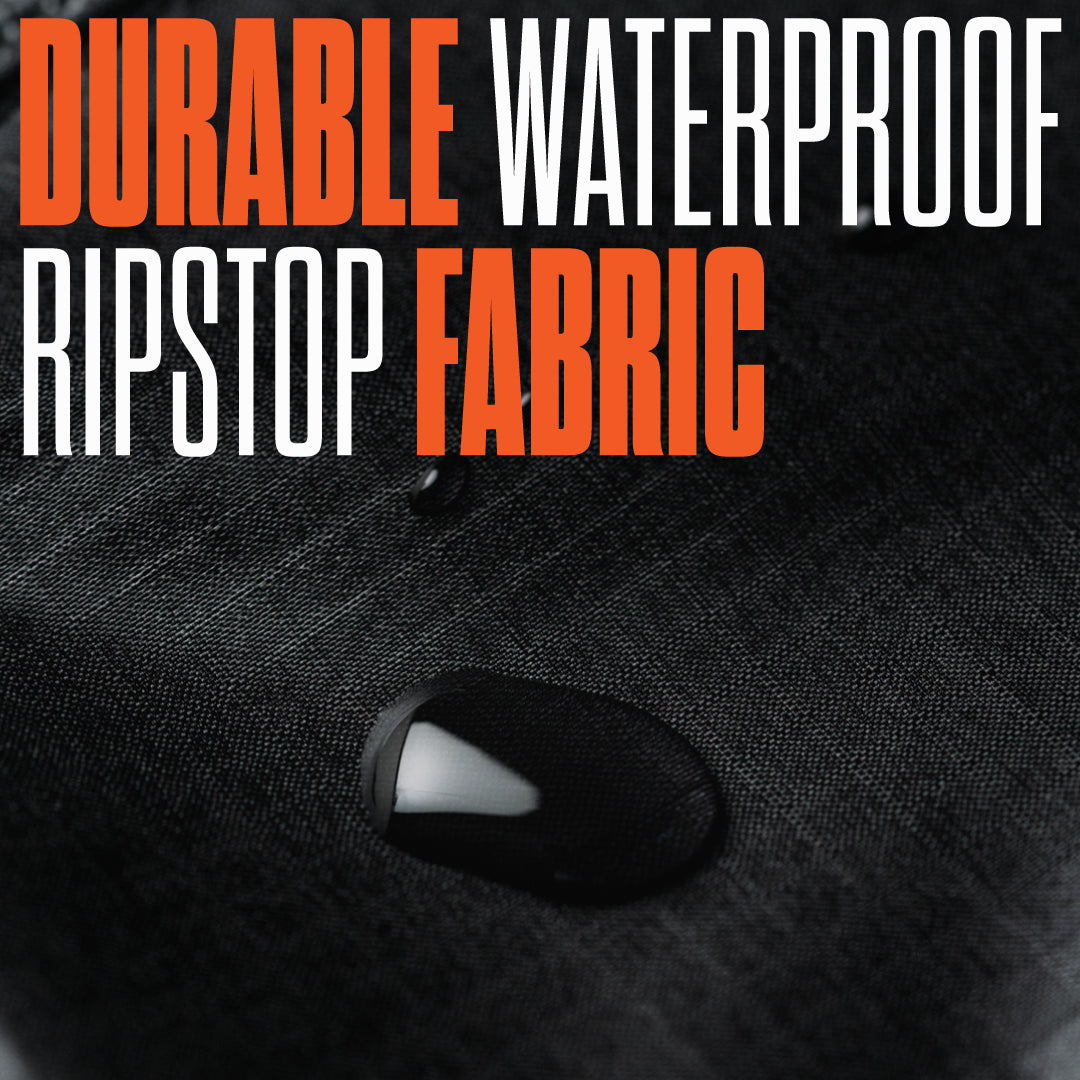Choosing the right backpack for hiking is essential to ensure a comfortable and enjoyable outdoor experience. Whether you’re planning a short day hike or a multi-day adventure, having the best backpack will lighten your load and enhance your journey. Let’s explore how to pick the perfect backpack for your hiking needs.
Understanding Your Hiking Needs
The first step in finding the right backpack is understanding the type of hikes you’ll be doing. Are you a day hiker, or do you prefer multi-day treks? Knowing the length and conditions of your hikes will help narrow down your backpack choices.
For those who enjoy short, uncomplicated jaunts through local parks, a lightweight daypack might be all that’s required. These smaller packs, often ranging from 15 to 30 liters in capacity, are perfect for carrying essentials like water, snacks, and a rain jacket. On the other hand, if you’re planning more extensive ventures into the wild, you’ll need a backpack that’s both spacious and durable. Multi-day hikers typically require packs between 40 and 70 liters, ensuring enough room for gear, food supplies, and camping equipment.

Consider the terrain you’ll encounter. If you foresee rugged terrains or unpredictable weather conditions, your backpack choice should reflect the need for robust materials and advanced features like waterproof zippers and reinforced seams. Understanding your specific hiking scenarios will set the foundation for all subsequent decisions about your backpack.
Capacity and Fit: Key Considerations
Capacity and fit are critical when selecting a hiking backpack. A daypack is sufficient for shorter hikes, while longer trips require a larger capacity. Additionally, a well-fitting backpack can prevent discomfort and injury, so be sure to try on multiple sizes and styles.
The way a backpack sits on your shoulders and hips can make or break your hiking experience. A pack that fits poorly can lead to sore muscles or worse, injuries that can sideline you from future adventures. When trying on backpacks, ensure the weight is distributed evenly across your back. Adjust the hip belts and shoulder straps for a snug fit without causing pressure points. It’s often helpful to load the pack with weight while testing to mimic real-world use.
Evaluating Features and Functionality
Consider features like compartments, hydration compatibility, and weather resistance. These elements can greatly affect how well your backpack meets your needs on the trail. Look for backpacks that offer practical pockets, easy-access zippers, and durable material.

Pockets and compartments are more than mere conveniences; they play a critical role in keeping your gear organized and easily accessible. Integrated hydration systems are particularly beneficial, allowing hikers to stay hydrated without constant stops. Some backpacks come with built-in rain covers, essential for hiking in wetter climates. Remember, the weather-resistant materials used in a pack can significantly affect its rank as a reliable companion. Don’t overlook these features when evaluating potential purchases.
Balancing Weight and Durability
While lighter backpacks are easier to carry, they need to be robust enough to handle rigorous use. Find a balance between weight and durability to ensure your backpack can withstand the demands of hiking while not adding unnecessary strain.

Manufacturers have made significant strides in using high-tech materials that reduce pack weight without compromising strength. Ultralight backpacks, often constructed from materials like high-denier nylon and specialized laminates, provide a great solution for those conscious of every ounce. Evaluate the quality of fabric and seams to ensure your selection is up for the challenge against rough trails and inclement weather. Assessing the style of reinforcement used in high-stress areas such as shoulder straps can indicate a well-designed and durable backpack.
Not to be overlooked, the backpack’s design can greatly impact its overall weight and durability. Minimalist designs focus on reducing unnecessary features to keep the weight down. Hybrid backpacks offer a blend of lightweight materials and durable construction to satisfy a broader range of activities. Keeping a versatile balance and evaluating your long-term needs with the backpack’s weight and material strength can make your hiking experience both enjoyable and successful.
Finding Your Perfect Hiking Partner
Selecting the best backpack for hiking can significantly impact your outdoor adventures. By understanding your needs, trying on different styles, and considering features that enhance comfort, you’ll be better equipped to choose a backpack that complements your hiking goals. Ready to hit the trails with confidence?









